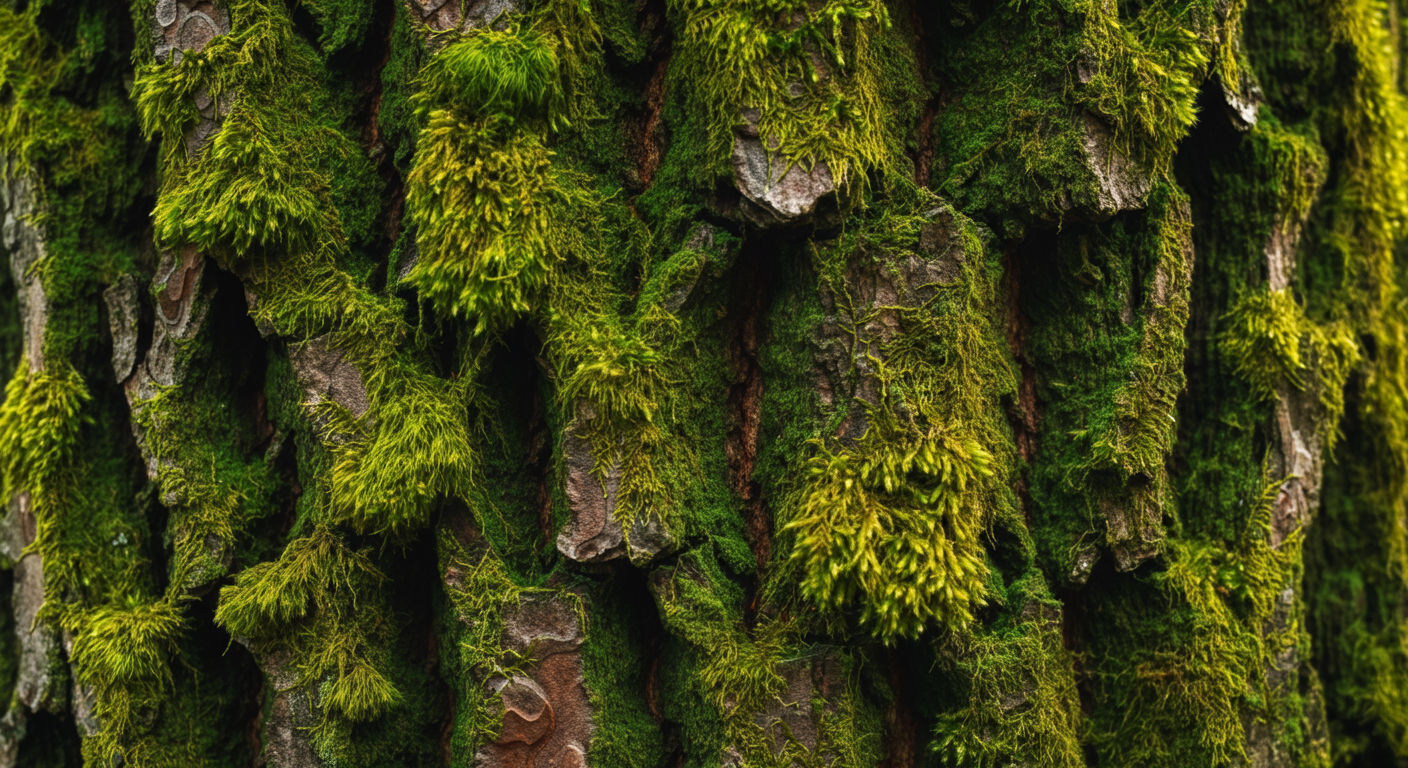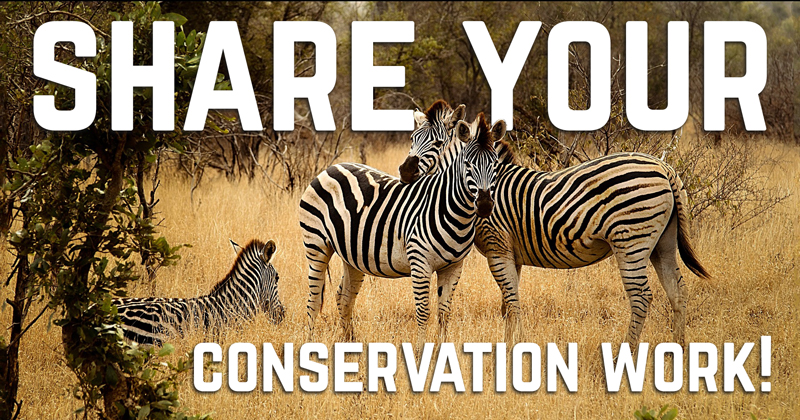
ATCF CONSERVATION STORIES
Stories of Collective Action in Conservation
$26,000 Awarded from Fund a Ranger Campaign
We did it! Last month we launched our Fund a Ranger campaign and with your help, in just four short weeks, we raised over $26,000! These funds will be going directly to three organizations around the world, including Kenya, Belize, and Namibia, to get rangers back into the wild protecting our world’s most valuable species.






